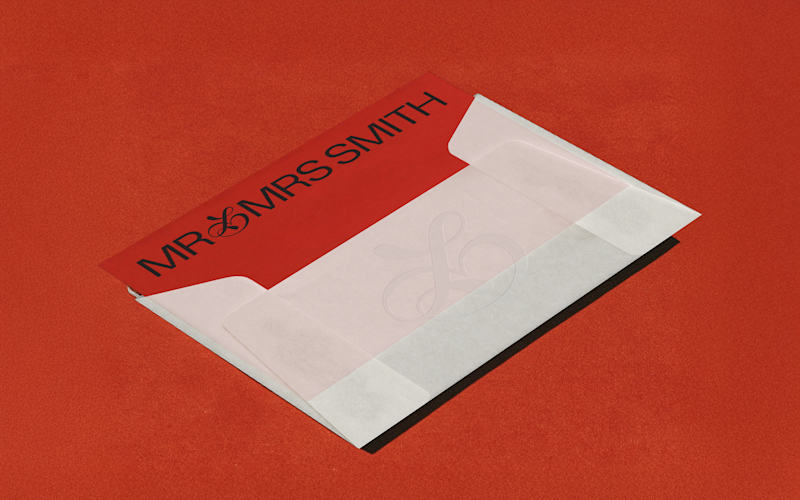Cape Town , South Africa
Ellerman House
Smith Extra
A paired chocolate and South African brandy tasting; Smith guests also get 10 per cent off their first spa treatmentSmith Extra
A paired chocolate and South African brandy tasting; Smith guests also get 10 per cent off their first spa treatment
Price per night from (includes taxes and fees)$1,435.01




